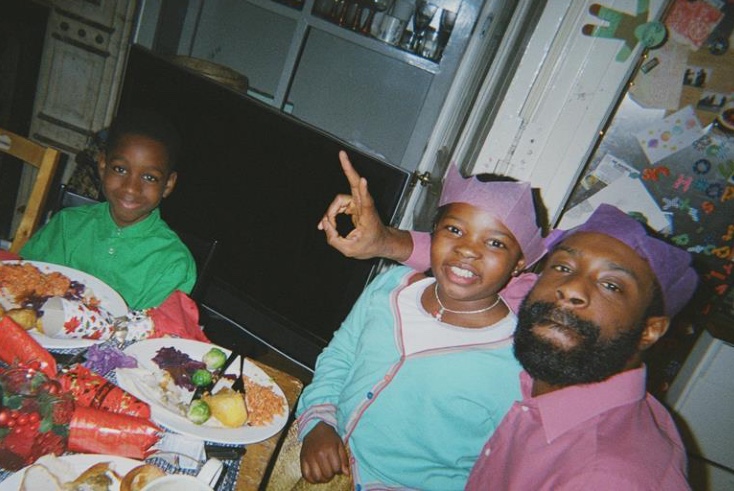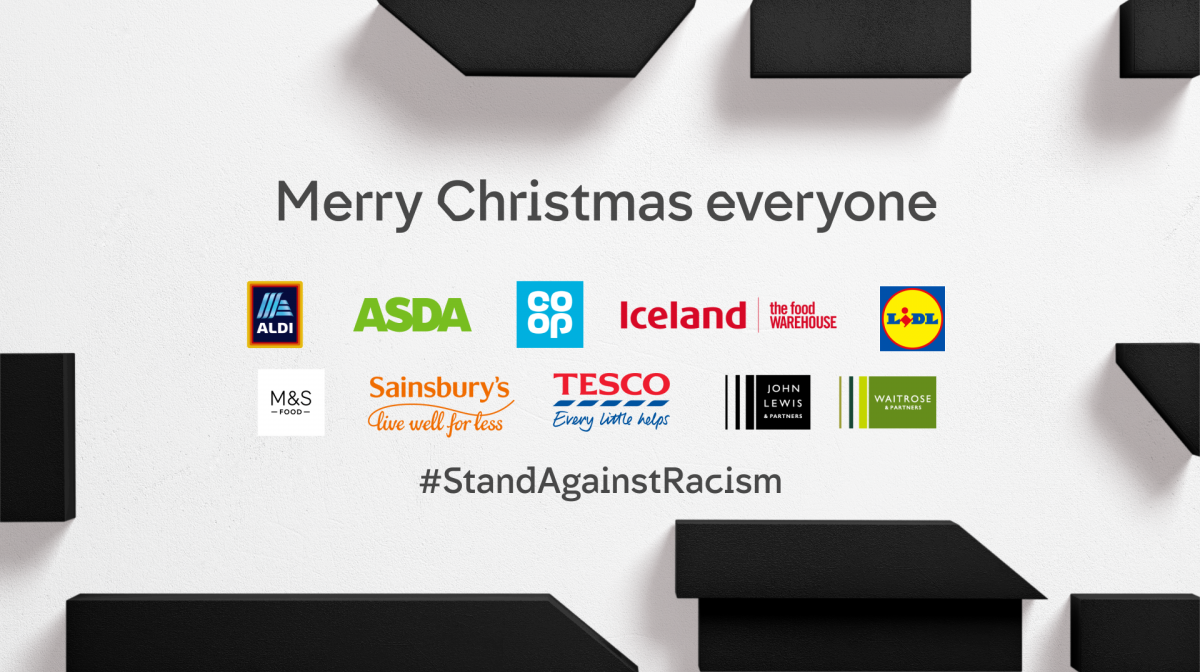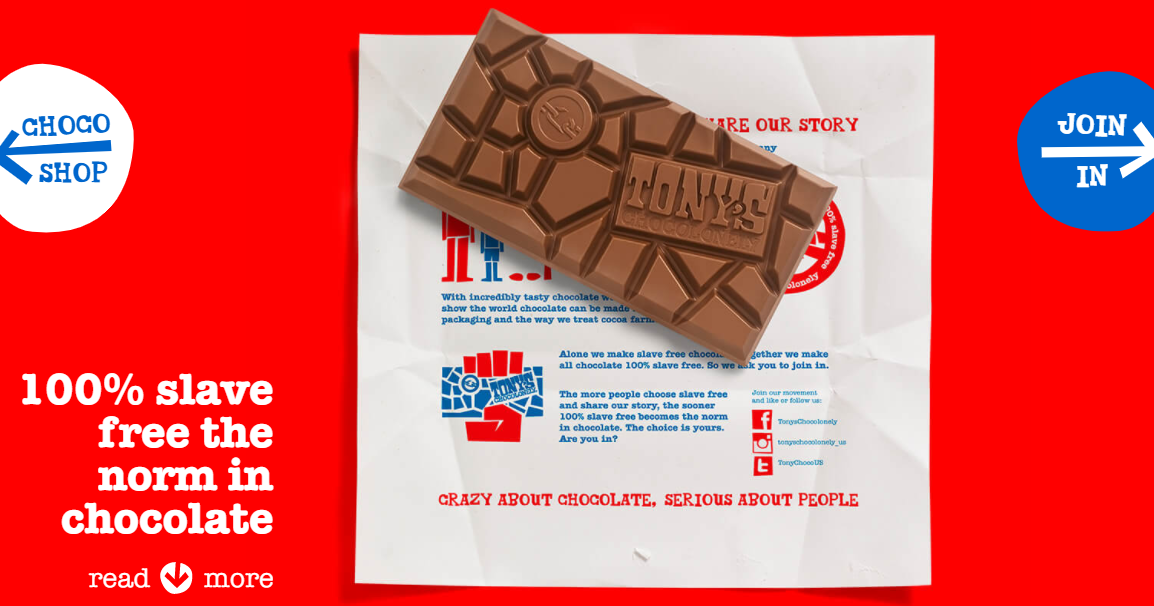Brand activism comes of age

Source: Sainsbury’s/YouTube
After seeing the UK’s supermarkets unite in an alliance against racism, Jan Gooding questions why any brand would not choose to unleash their inner activist in 2021
Something has shifted this year… In a good way. And with a Covid-19 vaccine on the way, meaning we can finally contemplate life after lockdown from spring 2020, there is an opportunity to build on the change and accelerate momentum.
One particularly striking change, which I hope will continue, is the way in which brand activism has come of age.
An ugly racist backlash
It will not have escaped many people’s notice that one of the Sainsbury’s’ Christmas ads, ‘Gravy Song’, has attracted considerable racist commentary, initially online and then spilling over into mainstream media.
It seems that the sight of an all-black family preparing to celebrate the annual holiday together, in which the daughter debates her dad’s gravy making skills, was too much for some people. Which brought into plain sight people who are not only untouched and unmoved by the ‘Black Lives Matter’ movement, but who seem to be angry about the attention it gets.
People took it on
But happily, this story didn’t play out in the way it might have done even a year ago. There were far more voices coming out as allies.
Most used humour – mockingly posting pictures of the Aldi carrots and Argos blue aliens as examples of other ‘unrelatable’ characters in Christmas campaigns. Comedian Munya Chawawa had a field day with his hilarious sketch, and many others posted celebratory gifs affirming that Sainsbury’s would be an even better place to shop now it was being boycotted by racists.
The power of this humorous rebuttal was palpable, and in such marked contrast to the vile racist commentary it was responding to.
Employees spoke out
I noticed that Sainsbury’s were supported by their own staff in blunt and confident terms. A post on LinkedIn from the personal account of Connie Wheatley (marketing proposition manager at Sainsbury’s Argos) reacted specifically to an article in the Daily Mail under the headline, ‘Call for Sainsbury’s boycott after an advert showing an all-black family’.
She wrote, ‘The story is NOT that we have been accused by our customers as being ‘not inclusive’. We have received racist, ignorant and offensive comments from social media users about our first of three Christmas adverts, and many of these users are not even customers of ours’.
The competition came out as allies
But what you don’t usually expect to see is allyship from the competition. Waitrose immediately posted a reply to the Sainsbury’s tweet promoting the ad, saying ‘@Sainsburys – we love that your Christmas ads are representing a modern Britain and highlighting the diverse range of communities we have in our country’.
And as if that were not enough, just a week later Channel 4 orchestrated a coalition of anti-racist supermarkets, comprising of Aldi, Asda, Co-Op, Iceland, Lidl, Marks & Spencer, Sainsbury’s, Tesco and Waitrose, to takeover a commercial break with the unifying slogan #StandAgainstRacism.

This was not only an unprecedented act of solidarity, it left the racists with almost nowhere left to boycott with their weekly shop.
Morrisons out in the cold
Indeed, a few Morrisons customers took to Twitter to express their disappointment and concern at their brand’s absence from the campaign. Some even went as far as to say they were dreading the possibility of sharing their aisles with racists who were displaced from all the other supermarkets.
An uneasy way to gain market share from the competitors if boycotting did indeed take place at any serious level.
A turning point
Once mainstream supermarket brands become activists in your campaign, you know the tide is turning. Big brands don’t generally seek controversy. They can be as guilty as anyone of keeping their head down on subjects that might potentially alienate a significant proportion of their customer base.
It’s easy to say ‘a principle isn’t a principle until it costs you money’, but when you have shareholders and a quarterly reporting cycle it can be much harder to speak up. Silence is often judged to be the more expedient path.
But, we are increasingly seeing brands that are prepared to alienate some customers in order to promote change.
Purpose leads to activism
We have now reached the point where to be authentically purpose driven inevitably leads to some level of brand activism, using the power of the brand to visibly, collaboratively and positively bring about change. In spite of the accompanying risks, such as the criticism that comes when your brand activism is judged to have become performative, adding to the general noise rather than offering something of substance.
The ‘performative’ cul de sac
We certainly saw this manifest itself in the resentment of many in the black community at the thoughtless use of black squares on social media following the murder of George Floyd this summer.
Or the puzzling sight of John Terry, the former England captain who was famously reprimanded by the FA in 2011 for shouting a racist slur, ‘taking the knee’ at the start of this year’s football season. Terry also refused to engage with Anton Ferdinand, the man he insulted, in the BBC documentary ‘Football, Racism and Me’.
To take the knee or post a black square to look like you are anti-racist, but do nothing else, is an empty gesture which deserves to be called out.
Activism can be low key
It is not compulsory to be noisy about your activism. Whilst it’s inevitable that it will be in the public domain to be effective, it may be appropriate initially to take a low key supporting role, rather than a leading one.
There are brands which want to start the journey, but don’t yet feel ready to be a leading voice. Better to do good relatively quietly, than do nothing for fear of accusations of hypocrisy or getting it wrong.
However, we are entering an age when every brand should be doing something to create a better, fairer society.
Relevance is vital
There is no doubt that brands need to be able to explain their activism. People are sceptical about the motivations of business people. But consumers also know that everyone in business has an impact. There are no neutral actors. And it’s always possible to change things for the better.
So, it shouldn’t be difficult to find a space where the influence of every brand, and the opportunity to add value and collaborate, would be welcomed. At the bare minimum, brands should consider how to stop any harm caused to the world by the impact of their commercial activity.
For some, it’s in their DNA
Some brands, like Ben & Jerry’s and Tony’s Chocolonely, are born as activists.

Source: tonyschocolonely.com
Indeed, I have heard Ben & Jerry’s describe itself as an activist company that happens to sell ice cream. Its founders understood early on that they could leverage the power of the people who loved their ice cream to improve justice, peace and equality in the world. Indeed, concern about maintaining the integrity of their campaigning led them to establish a separate board of directors when the company was purchased by Unilever.
Tony’s ‘lonely mission’ is to make all chocolate slave free, by building an alternative business model that sources differently to its competitors. It is shocking to learn that 1.56 million children are working illegally and in hazardess conditions in Ghana and the Ivory Coast where so much cocoa is produced, with systemic poverty keeping the price of cocoa inhumanely low.
In proving the profitability of its alternative business model, the idea is that its freely available five sourcing principles become mainstream, until slave labour is eradicated.
All brands should be activists
Let’s go into 2021 inspired by the behaviour of our big supermarkets this Christmas. They have shown us that it is open for every brand to unleash their inner activist, in ways perhaps not imagined before.
Indeed, for our established and most powerful brands it is increasingly difficult to understand why they wouldn’t.
—
Jan Gooding is one of the UK’s best-known brand marketers, having worked with the likes of Aviva, BT, British Gas, Diageo, and Unilever. She is an executive coach, the chair of PAMCo, Given (London), the president of the Market Research Society, and the former chair of Stonewall. She writes for Mediatel News each month.




